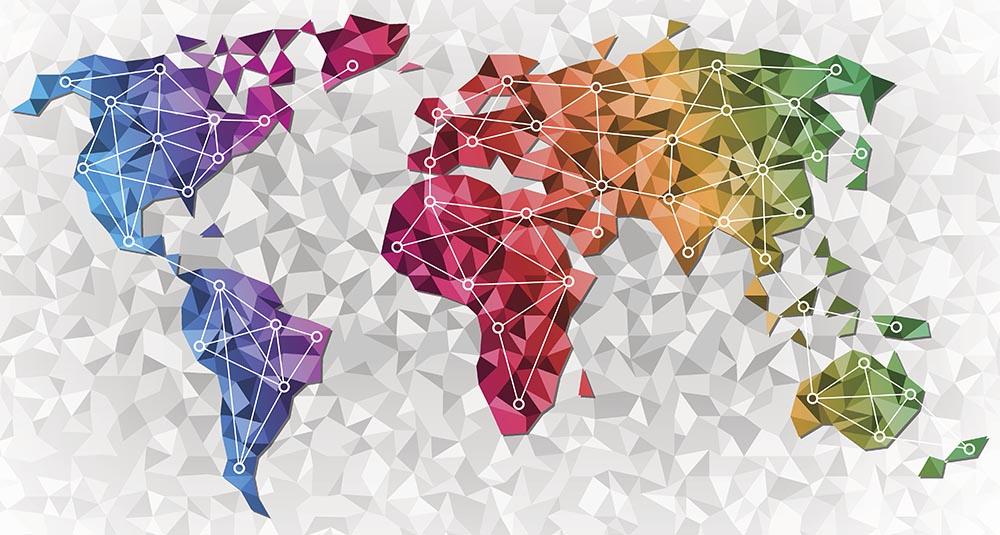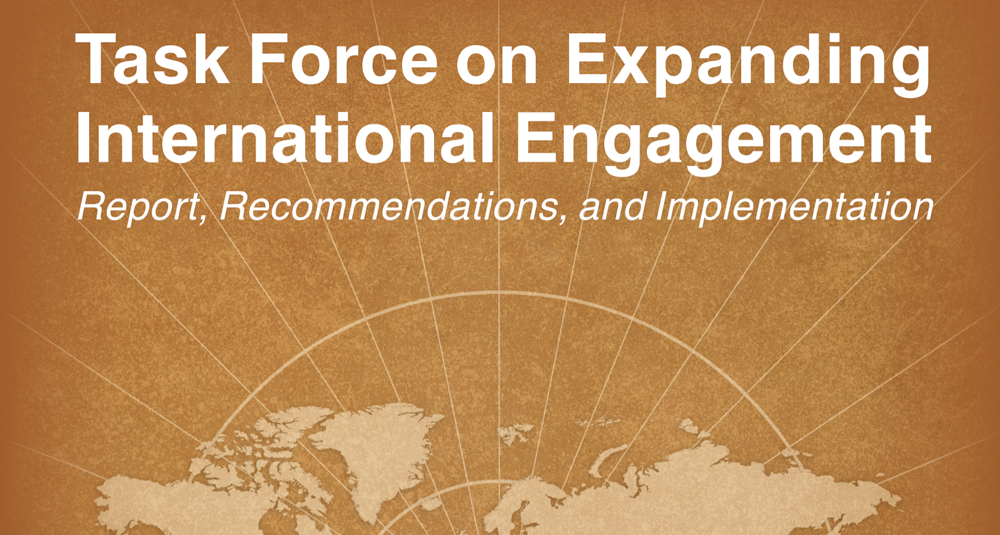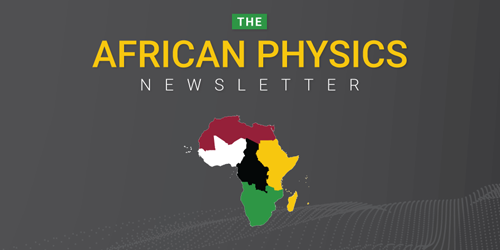International Affairs
In this era of globalization, international issues cut across essentially all aspects of the APS and physics community.
Principles & Policies for International Scientific Collaboration
December 2023
National physics societies and international physics organizations call upon their members as well as scientists across the globe to abide by the principles that are crucial to successful international scientific cooperation.
Global Spotlight
To recognize the contributions of APS members worldwide, the Society seeks recommendations for physicists to feature as APS Global Spotlight Members who are serving physicists in their local community, country, or region.
International Engagement Around the World
See the APS opportunities, resources, and other helpful information for physicists in your country or region on the APS International Engagement Around the World tool.
New resources are continually added to this tool...and we want to hear from you! Please share your feedback and ideas on ways this tool can help you and your physics community at international@aps.org.
Task Force Report
APS launched a Task Force on Expanding International Engagement to examine how the Society could increase its international engagement and better serve its members, the physics community, and society at large. This resulted in a report and recommendations that were adopted by the APS Council of Representatives.
African Physics Newsletter
The African Physics Newsletter (APN) is a quarterly, electronic publication about physics in Africa as gathered, and reported by, an Editorial Board of African physicists. It is published by APS.
About | Newsletters | Subscribe
APS Board Statement on Treatment of Students and Scientists of International Origin in the US
APS as a Welcoming Global Hub
APS seeks to serve as a Welcoming Global Hub for the world’s physicists. By "global hub" we don't presume to be the world's physical society, but instead, offer a welcoming community for the world’s physicists to connect with each other and advance their shared interests. In this spirit, APS will pursue expanded partnerships and collaborations with other national physics societies and international physics organizations.
Learn More:
FAQ | Video Overview 

Quick Links
- US Visa Information
- Employment Resources for International Members
- Global Updates from APS News
- Committee on International Scientific Affairs
- Committee on International Freedom of Scientists
- Forum on International Physics (FIP)
- Women in Physics Groups Outside the United States
- Contact International Affairs
Reciprocal Member Societies
Reciprocal societies are national physical societies that have signed an agreement with APS to exchange certain membership privileges. APS members may take advantage of the following benefits from reciprocal societies:
- Submit papers to reciprocal society meetings with the same privileges as the reciprocal society members
- Register at reciprocal society meetings at member rates





